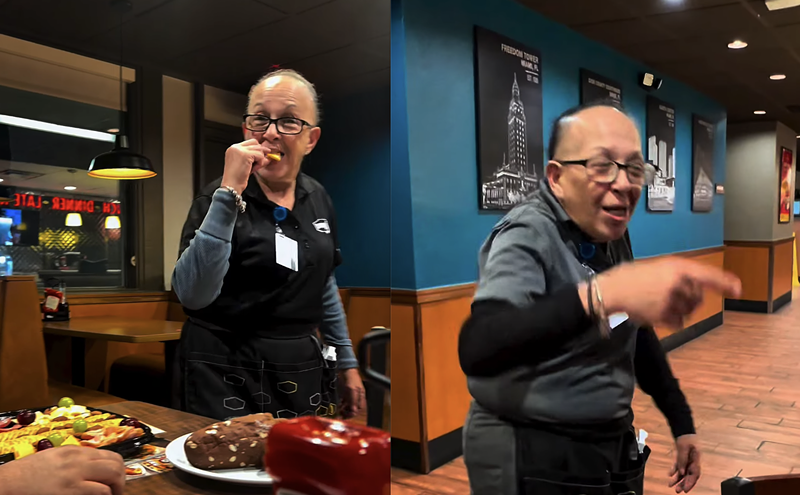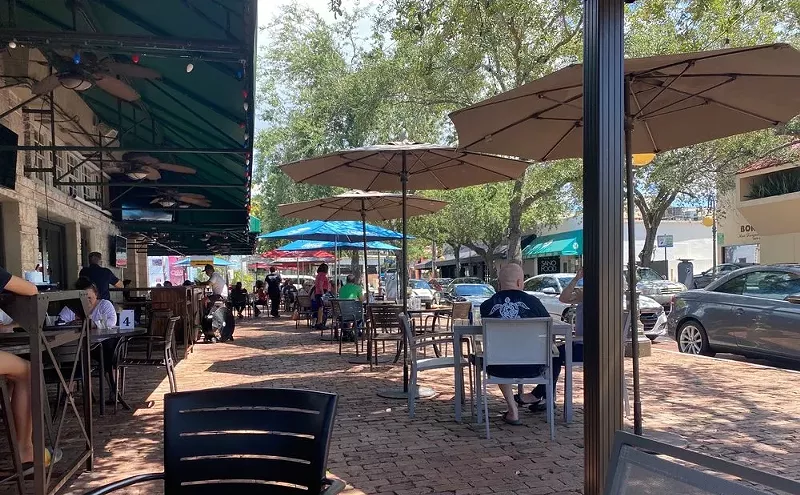Whenever I interview chefs, I like to ask them what advice they would give to newcomers. Maybe it's because cooking is an increasingly sought after and (for a few) prestigious occupation. Here is some advice from chefs I've talked to recently:
Richard Hales, Chef/Owner, Sakaya Kitchen and Dim Ssam
Be patient. Learn as much as you can before you go out and do your own thing. It pays in volumes.
I wanted to start a restaurant ten years ago but I don't think I would be as successful as I am now if I hadn't waited those ten years.
Hedy Goldsmith, Executive Pastry Chef, Michael's Genuine Food & Drink
Workclean and neat. Keep your head down. Becoming a chef takes years of
hard work. Eventually, someone recognizes your talent.
Iinterview a lot of recent grads from culinary schools. I think food
shows on TV make being a chef seem very glamorous to them. We've
allowed chefs to become rock stars. Going to school and then thinking
you're going to get a chef gig right after you graduate is preposterous.
I can't think of a better field to be in, but I think goodthings really do happen slowly, over time. I'm glad it took me as long
as it did. Now I know what's good and what isn't.
Michael Schwartz, Chef/Owner, Michael's Genuine Food & Drink
I had no formal training but that many, many people taught me along the way.Tim Love, Chef/Owner, Lonesome Dove Western Bistro and The Love Shack (Fort Worth, TX)
I think it's a big mistake in our industry for young people to gostraight to culinary school. It's important for young people to get
practical experience in a kitchen for a year or so, and then go to
culinary school. That way, they can really understand the way a kitchen
works and see if it's right for them.
IFollow Short Order on Facebook and Twitter @Short_Order.think nobody can teach themselves how to cook--we learn from everybody
every day, right? I don't have a culinary degree but I have taught at
multiple culinary schools, which is a little ironic, I suppose.
Thething is that in food, you want to continuously educate yourself,
whether that's through school, or through people, or through eating, or
through farming or raising animals. It's all education.
School isgreat. It teaches a lot of basics. I have two degrees -- I have a degree
in finance and I have a degree in marketing. You need to go
to school for something. It's going to benefit you down the road in
some way or another.
But as far as going into the culinary world,the main things you need to do are taste food and ask questions. It's
very, very important to ask questions. I see this all of the time:
people get the title of "chef" in a restaurant, and then they go
somewhere and they're like "Oh, what's this?" and if the person doesn't
know what a particular thing on a menu is, they feel embarrassed because
they're supposed to be a chef.
The way you learn things is byasking questions. You should never feel embarrassed for not knowing
something. In the food world, there's a billion, trillion things to
know. And things are being reinvented everyday. You have to evolve
along with it. Food is not a perfect science.
If someone wants tofollow a path outside of culinary school, find some great people who
want to teach you things, teach you about how food melds together and
why, and then take that and put your own spin on it.










